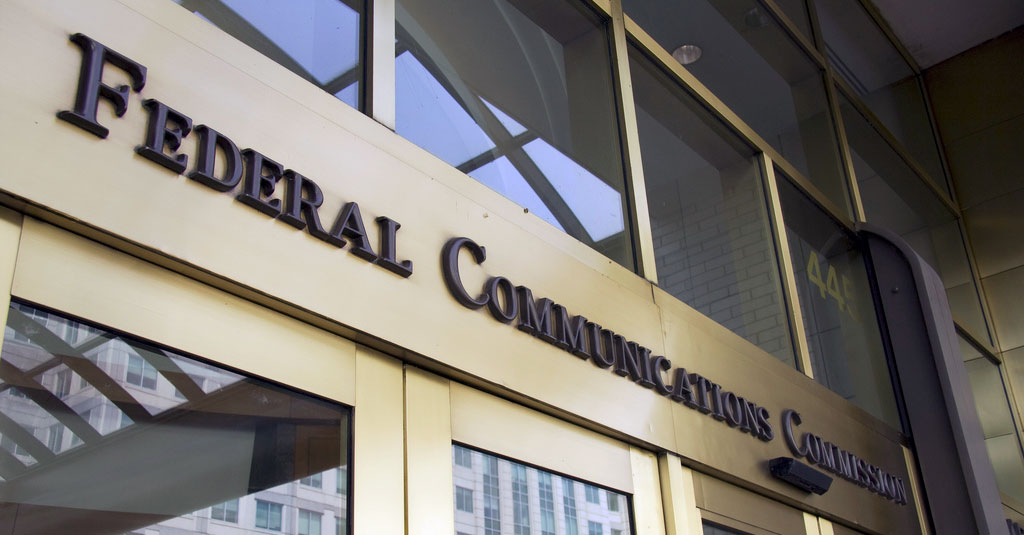 The New York Times legitimized a discredited study from the Progressive Policy Institute claiming that net neutrality could cost American consumers up to $15 billion annually -- a claim that has been widely debunked for relying on “fuzzy math” and “significant factual error[s].”
The New York Times legitimized a discredited study from the Progressive Policy Institute claiming that net neutrality could cost American consumers up to $15 billion annually -- a claim that has been widely debunked for relying on “fuzzy math” and “significant factual error[s].”
In a February 20 Bits blog, The New York Times reported that a bipartisan group of senators “presented legislation that would permanently ban taxes on high-speed Internet service to American homes,” under the Internet Tax Freedom Act of 1998.
The Times blog cited research from the Progressive Policy Institute (PPI) to claim that implementing the stricter net neutrality rules proposed by FCC chairman Tom Wheeler to protect consumers from paid prioritization of Internet access would cost "$15 billion a year," and the recently presented bipartisan legislation would lower the cost to $11 billion.
Buried in a single paragraph at the bottom of the blog, the Times noted that FCC spokesperson Kim Hart has asserted Wheeler's plan "'does not raise taxes or fees. Period.'" Left unsaid was the fact that PPI's net neutrality cost estimate has been thoroughly discredited. In a January 16 blog, The Washington Post's Fact Checker shattered PPI's net neutrality cost estimate, awarding the claim that utility-style net neutrality regulation could cost $15 billion “Three Pinnochios,” for what it called “significant factual error[s] and/or obvious contradictions.” And as the nonpartisan Internet advocacy group Free Press pointed out, PPI's claim is based on a critically flawed methodology that overstates the worst-case scenario tax burden by nearly 75 percent.
Furthermore, Congress passed a moratorium last year banning states from imposing new taxes on internet access through October 2015, regardless of any new FCC regulations.